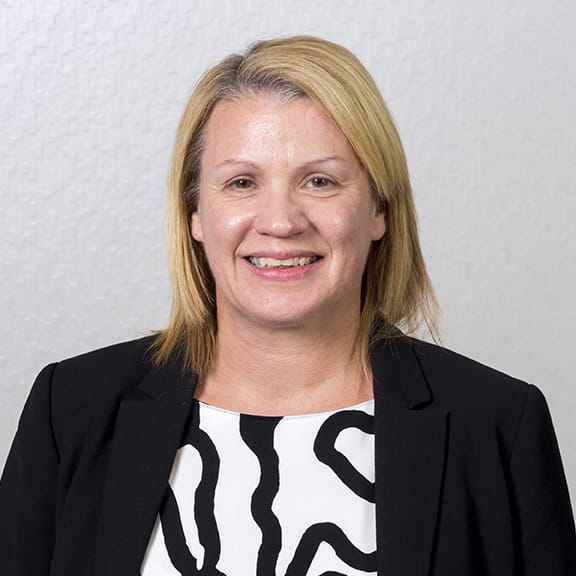Returning to work after a brain injury can often be a significant part of your rehabilitation, giving you structure, purpose, a sense of wellbeing and confidence. But can also be a challenging process, as the effects of the injury can vary greatly depending on the severity and location of the injury, as well as your overall health and abilities.
The impact of a brain injury on employment
You may find that some symptoms of your brain injury have an impact on your ability to work, including:
- Issues with concentration and memory
- Fatigue, which can trigger anxiety or low mood
- Physical disabilities which require adaptations to your work environment or way of working
If your brain injury is not severe, you might not notice immediately the affect your injury has on your ability to perform at work; a hidden brain injury may also mean that colleagues do not appreciate that you may require additional assistance and support.
Under the Equality Act (2010), employers have a legal duty to make ‘reasonable adjustments’ to accommodate the needs of a disabled employee. Those adjustments will differ according to the nature and effect of your brain injury, as well as the type of work you do and the environment you work in.
Successfully returning to work with a brain injury
There are some general steps you can take to help facilitate a successful return to work after a brain injury:
- Consult with medical professionals: Before returning to work, it is important to consult with medical professionals to determine whether you are physically and cognitively able to work, and if there are any adaptations or modifications that need to be made to the workplace or job duties.
- Work with a rehabilitation team: A rehabilitation team consisting of a physiotherapist, occupational therapist, and speech therapist can help you to regain physical and cognitive abilities needed for work.
- Communicate with your employer: It is important to communicate with your employer about your abilities and limitations, and to discuss any adaptations or modifications that may be necessary to enable you to perform your job duties effectively.
- Gradual return to work: A gradual return to work can help you to adjust to your work responsibilities and regain your confidence. This can involve starting with reduced working hours or lighter duties and gradually increasing them over time.
- Seek support: It can be helpful to seek support from friends, family, and support groups. This can help with emotional well-being and provide practical assistance when needed.
- Monitor progress: Regular monitoring and reassessment of your progress can help identify any ongoing needs and enable you to make adjustments as necessary.
Applying for jobs
If you’re unable to return to your previous employment, you may find yourself in the position of having to apply for a job, in which case, the following advice may be useful:
- Be honest with the employer: Be upfront about your brain injury and any limitations you may have. This will allow the employer to understand your situation and provide any necessary support. However, you are under no obligation to divulge details of your injury to a new or existing employer if you do not wish to do so.
- Highlight your skills: Focus on your skills and abilities rather than your injury. Show potential employers what you can do and how you can contribute to their company.
- Consider your strengths: Identify your strengths and look for job opportunities that align with them. This will increase your chances of being successful in your new role.
Getting advice and support for your return to work
Consider seeking support from organisations that specialise in helping individuals with disabilities find employment. They may be able to provide you with additional resources and support. Some of those organisations are listed here:
- Some job centres have Disability Employment Advisers who can advise you on returning to work with a disability - check first whether the service is available at your local job centre.
- Evenbreak is a not-for-profit organisation that matches disabled candidates with inclusive employers who are actively seeking to attract those candidates. They run a very active jobs board offering mainstream jobs. Their website also signposts visitors to resources in their local area that can offer assistance with employment and employability, including writing CVs and interview preparation, opportunities to gain training and qualifications, work experience and other services to help you find employment.
- Headway, the brain injury charity, has a website which contains information about returning to work, alternative options to returning to work, practical strategies and welfare benefits.
- The Government’s Access to Work scheme can also help you get or stay in work if you have a brain injury, depending on your needs. Through the scheme you can apply for:
- a grant to help pay for practical support at work
- support with managing your mental health at work
- money to pay for communication support at job interviews
Overall, going back to work after a brain injury requires a collaborative effort between you, your medical team, and your employer. Remember, a brain injury does not define you or your abilities. With the right approach and support, you can find a job that fits your skills and interests. It may take time and patience, but many people with brain injuries make a successful return to work.
If you or a loved one has suffered a traumatic brain injury and would like to speak lawyer about claiming compensation to assist your recovery and rehabilitation, contact our brain injury specialists for advice. Call 0808 303 1342 today or send us a message.
Disclaimer
This information is for educational purposes only and does not constitute legal advice. It is recommended that specific professional advice is sought before acting on any of the information given. © Shoosmiths LLP 2025


















